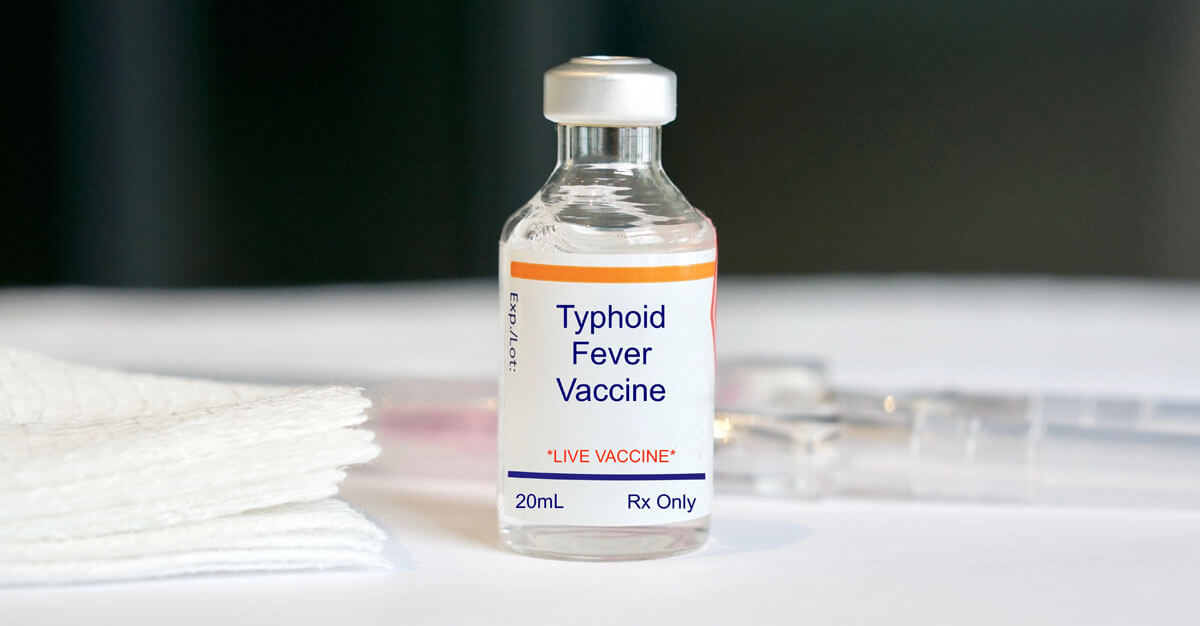
Typhoid fever is a severe disease caused by the bacterium Salmonella enterica serotype Typhi (S. Typhi). It is a life-threatening illness, spread through contaminated food or water. The Center of Disease Control and Prevention (CDC) estimates typhoid fever affects 5,700 people in the United States each year. The vaccine for Typhoid is highly recommended for travelers to South Asia, especially Pakistan, India, and Bangladesh.
To help prevent getting sick from Typhoid…
The symptoms of typhoid include:
Typhoid can spread to many other parts of the body, such as the bones or intestines. If left untreated, typhoid can kill up to 30% of the people it infects.
If contracted, typhoid fever can be treated with antibiotics, which can reduce complications and mortality rates associated with the disease. However, in recent years, the bacterium responsible for typhoid fever has become increasingly resistant to many antibiotics commonly used to treat the infection. This has made treatment more challenging and underscores the importance of appropriate diagnosis and antibiotic stewardship to help slow the development of antibiotic resistance.
Individuals who may be at risk of contracting typhoid fever include:
The injection typhoid vaccine can be administered to anyone over the age of 2 years, and a single shot provides sufficient protection. It should be given at least one week before travel to areas where typhoid is a risk.
Although the typhoid vaccine has an efficacy range of 50% to 80%, it is still important to closely monitor food and drink when traveling to countries where there is a risk of contracting typhoid.
Typhoid vaccines lose effectiveness over time. The injectable vaccine requires a booster every 2 years, and the oral vaccine requires a booster every 5 years.
The typhoid vaccines licensed in America have few adverse reactions. Mild reactions may include fever, headache, and/or soreness around the injection site.
